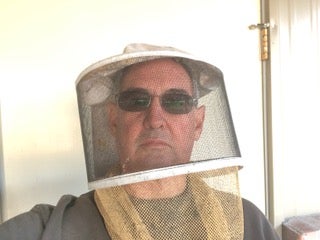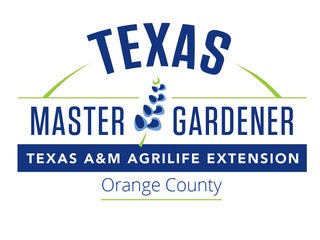Master Gardener: The Honeybee and the Flower
Published 12:55 am Friday, July 3, 2020
|
Getting your Trinity Audio player ready...
|

Len VanMarion
Certified Texas Master Gardener, TAIS Master Beekeeper,
Texas Beekeepers Association member, Real Texas Honey member
Nature is a marvelous force forging a relationship between flowering plants and a six-legged flying bug called a honeybee. Without the flowers pollen and sugary nectar honeybees would not exist. Without the honeybee and its need for nectar and pollen, without its fine short hairy body the flower would not be pollinated and the plant would not exist.
The honeybee is responsible for two-thirds of the pollination and thus produce that sustains life. Without the little bee apples, almonds, squash, alfalfa hay, canola oil and many other foods would not exist. Almond growers in California hire beekeepers to place over 2,000,000 hives in their orchards each February to pollinate the almond blooms.
We all take the little honeybee for granted but we need to be much more aware of the bee and all pollinators like the butterfly. I just received the results of the Bee Informed Partnership survey for 2019-2020. The results are sobering.
Last year beekeepers lost 44% of their hives. Yes, that’s right, 44% of all the managed bees in the U.S. died last year. Even more sobering is the fact that 43-44% has been the average for the last 10 years.
Beekeepers are struggling just to keep their hive numbers up. So, they must split their hives every year just to stay even. No growth, just survive.
Several studies have found that feral hives (that is wild hives) will not survive more than three years. The U.S. has been invaded by an Asian mite and an African beetle which are destroying our beehives. Beekeepers must constantly monitor their hives to guard against these predators.
When you add in the indiscriminate use of pesticides and general nonchalant attitude of most people, the honeybee and the butterfly are things that may not exist in another 100 years.
How many butterflies do you see in a day? How many honeybees do you see each day in your yard? Do you have a little garden and wonder why you don’t have cucumbers or squash? Do you spray pesticides on your flowers, roses, Satsuma tree? Do you put weed & feed on your yard? Do you spray your yard to kill fire ants?
Maybe YOU are partly to blame. Would it be too much trouble if you only sprayed your flowers after sunset in the late evening or did not use weed and feed and let a little clover grow in the yard? Would it be to much trouble to buy honey from a local beekeeper and not the imported stuff at the supermarket even tho it does say packed locally?
Keep your flowers healthy. Keep your garden producing. Help the local beekeepers. Use less chemicals and use a little more care and caution when applying pesticides. Buy your honey from a LOCAL BEEKEEPER. Your local Texas A&M AgriLife Extension Office will have a list of local beekeepers for you to contact.
If you need a speaker for your civic club Mr. VanMarion can be contacted at 409 728-0344. For any other horticulture questions, please call the Orange County Master Gardener Hot-Line at 409 882-7010, Tuesday and Thursday’s from 10 a.m. – 2 p.m. or send your question to our Contact on our website https://txmg.org/orange or visit our Facebook page Orange County Texas Master Gardeners






